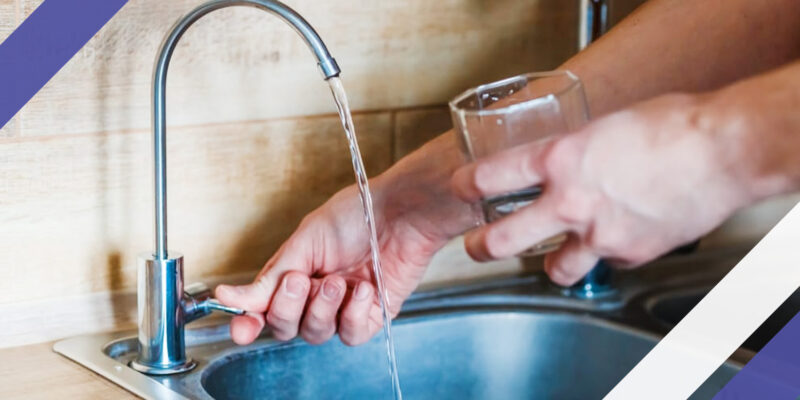Crusting on the end of a faucet, loads of laundry that just can’t seem to get clean, an odd taste from the tap: these are all the potential signs of hard water. But what is hard water? This is when there is an overabundance of calcium and magnesium in the local water supply, and while not a health risk per se to consume, it can lead to a lot of problems down the line for you and your home.
As mentioned, hard water isn’t dangerous: your body will process the additional calcium and magnesium without any problems, and there are even studies showing potential for the additional minerals to be beneficial in regard to certain kinds of cancer and even atherosclerosis in children. However, it does have a noticeable effect on the flavor of water and can potentially deter people from drinking it or eating foods cooked with it.
More noticeable is the effect it has on plumbing and when used for washing. Hard water can often leave mineral buildup (known as scale deposits) at the ends of faucets, clogging nozzles and leaving an unsightly crust; in extreme cases, it can even potentially block pipes, resulting in costly repairs. When used to wash clothes or in bathing, the calcium and magnesium can limit the effectiveness of soaps, either leaving items still dirty or even preventing the soap from washing off properly, leaving a film. In some cases, hard water can also leave white streaks in darker clothing, wasting both water and time as everything will need to be re-washed to remove the streaks.
Fortunately, water softeners and filtration systems are capable of clearing these minerals out of your water supply, resulting in better cleaning, tastier water and smooth-flowing faucets.


